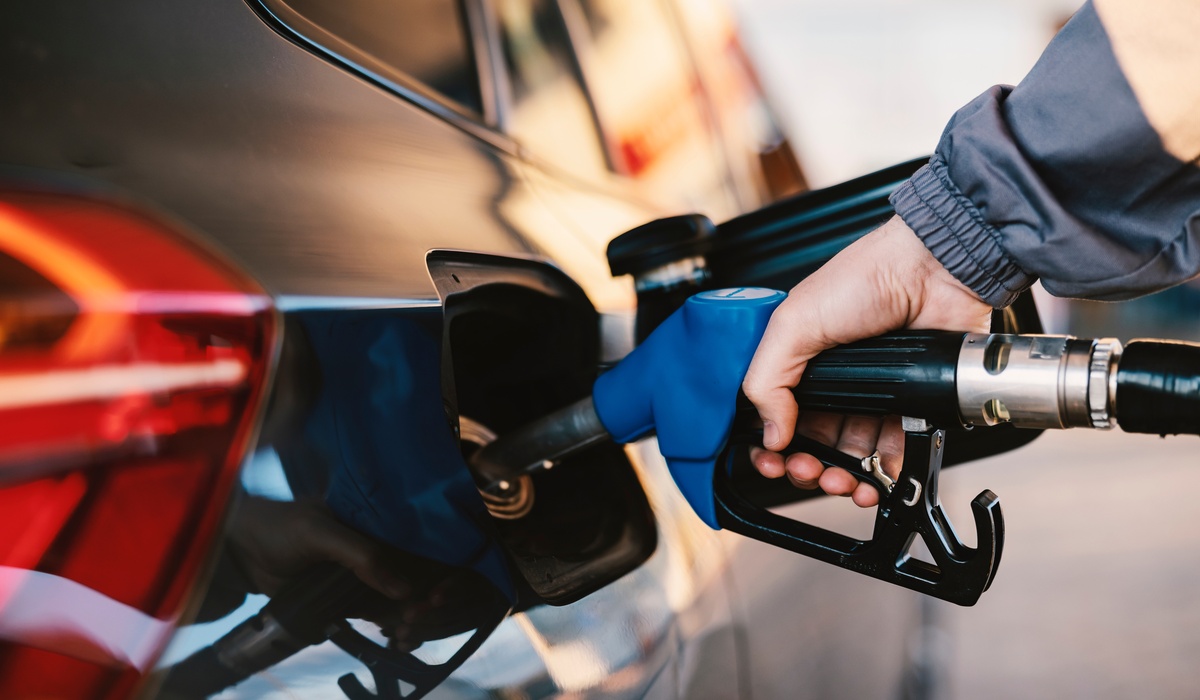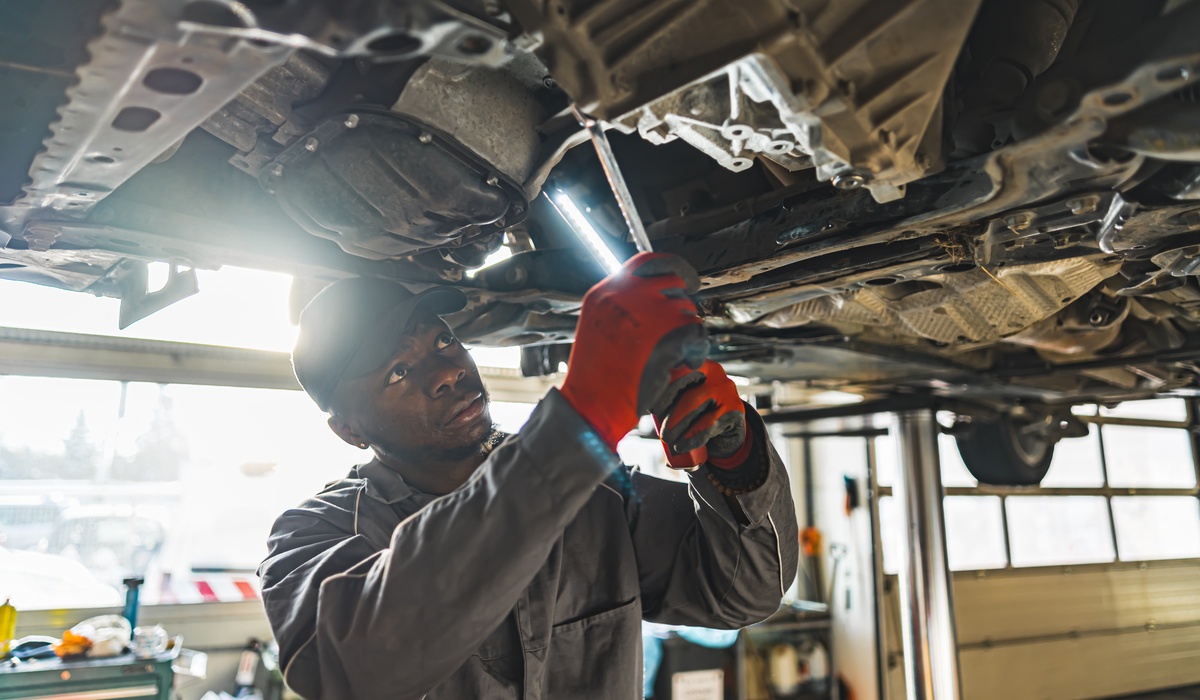If you’ve ever stood at a gas station staring at three different fuel options, wondering if premium is really worth the extra cash, you’re not alone. Choosing the right fuel for your car isn’t just about your wallet—it’s about keeping your engine running smoothly for years to come. Let’s explore what the best-quality option could be for your vehicle.
First off, it’s important to note that most cars run perfectly fine on regular unleaded gasoline with an octane rating of 87. This is the standard fuel that meets the needs of about 90 percent of vehicles on the road today. Your car’s engine is engineered with a specific compression ratio, and regular fuel provides the right balance of performance and efficiency for most engines. Premium fuel won’t hurt—it’s just not necessary.
However, some vehicles actually require premium fuel. If you’re driving a high-performance sports car, luxury vehicle, or certain turbocharged engines, your owner’s manual will specifically call for premium gasoline with an octane rating of 91 or higher. Using regular fuel in these engines can cause knocking, reduce performance, and potentially damage your engine.
We’ve mentioned octane rating a few times by now, but what is it? The octane rating measures a fuel’s ability to resist premature ignition under pressure. Higher octane doesn’t mean more power for engines that don’t need it—it just costs more money. Think of it like buying expensive running shoes when you only walk around the block. The extra features won’t hurt, but they won’t help either.
Mid-grade fuel sits somewhere in between, but it’s rarely the optimal choice for any vehicle. Most cars will run just as well on regular, while those requiring premium won’t get the full benefits from mid-grade.
Additionally, quality matters beyond just octane ratings. Stick with reputable gas stations that have high turnover because this ensures fresher fuel. Also, top-tier gasoline that is certified by major automakers contains detergent additives. Most people associate a negative connotation with the term “additive,” but it’s not a bad thing. For instance, fuel additives and injector cleaners help spark plugs run more smoothly for longer.
Avoid stations that seem questionable or have unusually low prices, as they might be selling contaminated fuel that can cause serious engine problems.
Ultimately, it’s simple to figure out what the best-quality fuel for your car is—just check your owner’s manual. If it calls for regular fuel, save your money and stick with it. If it requires premium, don’t try to save a few dollars by using regular; the potential engine damage isn’t worth the short-term savings.









